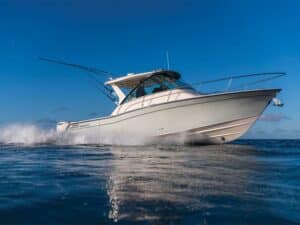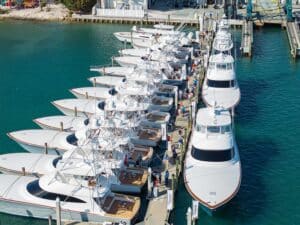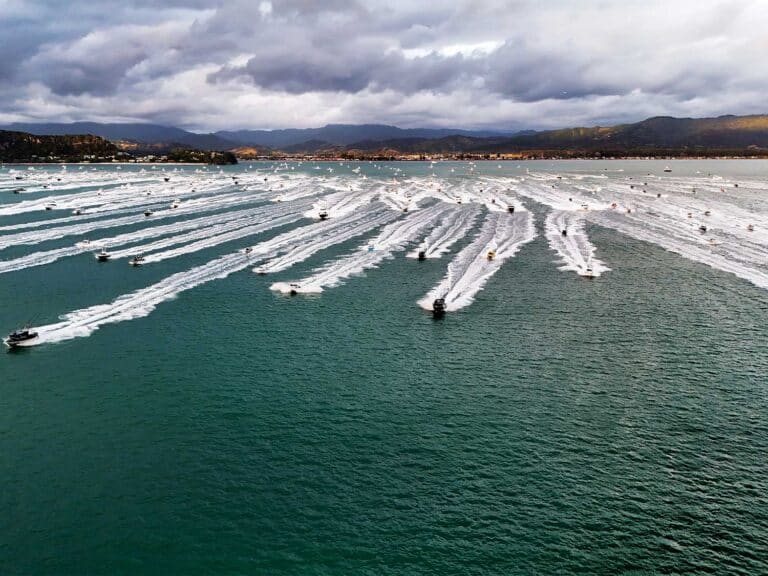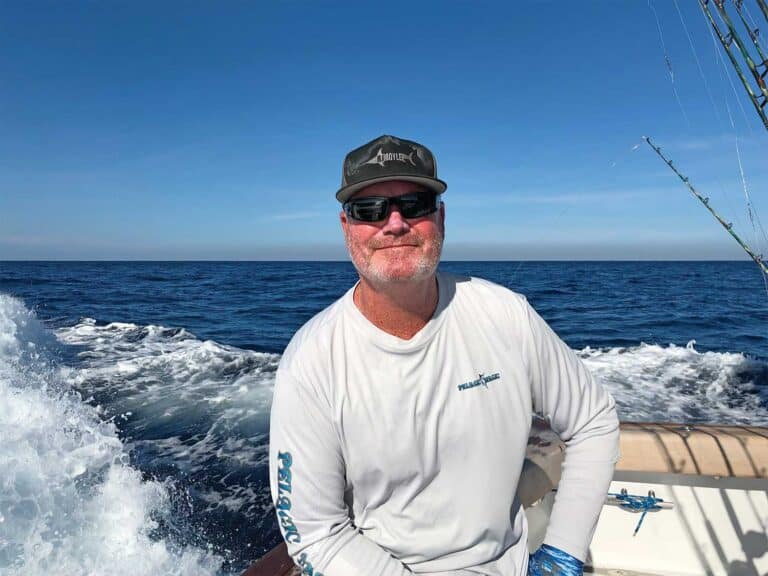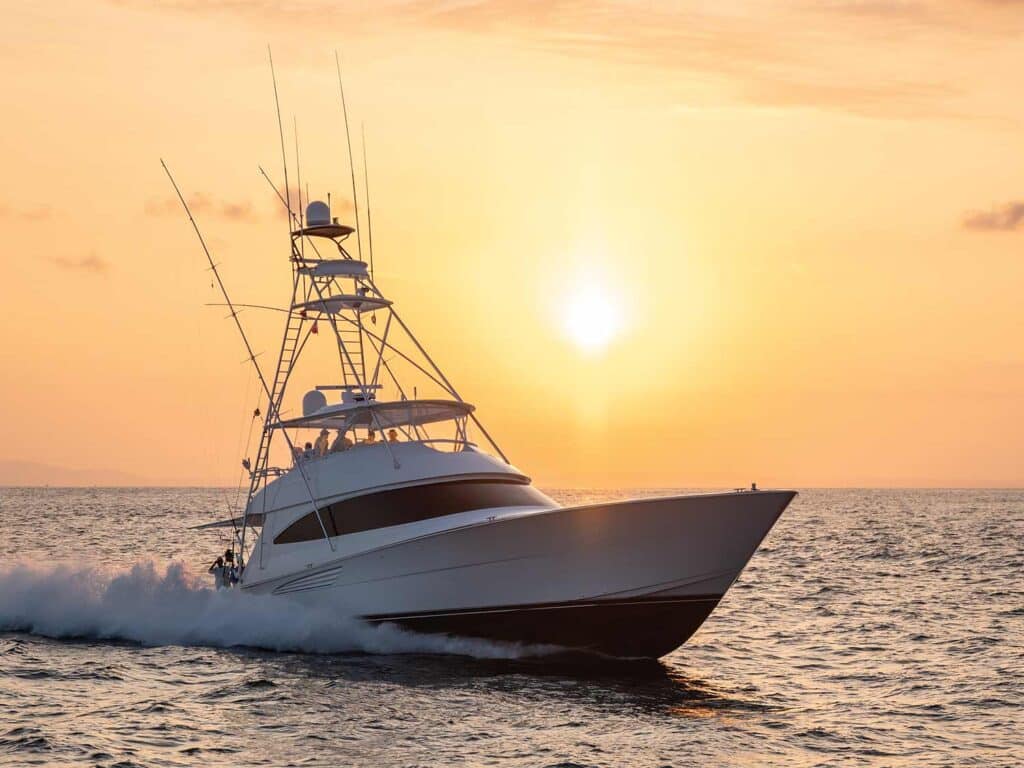
Subscribe to Marlin magazine and get a year of highly collectible, keepsake editions – plus access to the digital edition and archives. Sign up for the free Marlin email newsletter.
Have you ever heard of a rainy-day fund? That’s where you have money set aside just in case something bad happens and you need those funds to carry you through hard times for a while. Well, unless our policymakers can come up with a plan, you might be needing that rainy-day fund sooner rather than later. According to the most recent economic data and industry analysts, we are headed for a recession in the US. So, what does that mean for the sport-fishing industry?
A Spending Slowdown
First, let’s take a look at what a recession looks like and how we can prepare. One of the primary components of a recession is when unemployment rises and the economy is contracting. This will leave more people without jobs; overall consumer spending slows down, which causes a slowing economy. Since the majority of boat owners are also business owners, this will have a compounding effect. Their primary source of income might be in jeopardy because of a lack of spending, and as we well know, when discretionary funds dry up, the first things to go are the toys, and for many, that would be the boat. The length and depth of a recession will determine how many of these toys will either sit at the dock, travel less, or even go up for sale.
Another major component of a recession is rising—or higher than normal—interest rates. We have already seen interest rates rise at unprecedented rates recently. The Federal Reserve hiked rates seven times in 2022. For example, a $1 million boat loan at 5.35 percent for 20 years is a monthly payment of $6,795. If you raise that rate to 8.35 percent, the payment increases to $8,583, which is a significant increase. In addition to marine financing, just about all aspects of fishing are also on the rise. Fuel prices have skyrocketed, bait continues to go up, dockage, maintenance, and yard bills—all of these are connected to the overall fishing economy.
How to Prepare
For captains and crewmembers, let me give you a few ideas on how to prepare for a possible upcoming recession. The first item I would take care of is to eliminate any credit-card debts. Interest rates have gone up, and so it costs more to borrow or use credit cards. Ask yourself if you really need it. If it’s a want and not a need, let it go. Do not make any large purchases right now—keep that old truck for another year or two, and do not go into debt for a depreciating asset in these uncertain times. If you fall behind and have to sell an asset, the market will be soft and you will lose money.
Depending on your marital status, children, and travel schedule, consider sharing a house or an apartment with someone. If you purchased a home a couple of years ago with relatively low expenses, think about adding a roommate for a few years. It’s a great way to build up that rainy-day fund.
One aspect that most will overlook is their general health. Right now, you might be employed and have health insurance. If you lose your job and the insurance, being healthy can help mitigate any big medical expenses. There are always health issues you cannot plan for, but it’s one huge issue that can financially strap you for years to come.
Read Next: Your blue or black marlin of a lifetime is likely to be found in one of these top destinations.
Lastly, if you do have savings and investment accounts, do not panic and start selling when you see losses. There is a high likelihood that if you’ve invested in quality investments, they will come back, and even more likely be higher in the future. We see too many people panic and sell, which means they will never regain their original investment. If you are in a position to purchase any of these investments that have dropped in value, this would be a great opportunity to do so.
In my opinion, our economy is already in a minor recession, but our policymakers do not want to declare it. If you can be disciplined, curb your spending, establish and maintain a budget, and not make any irrational purchases, you will be just fine in the future. Recessions typically last less than two years, but that can certainly be a brutal 24 months. The good news: It will pass.


